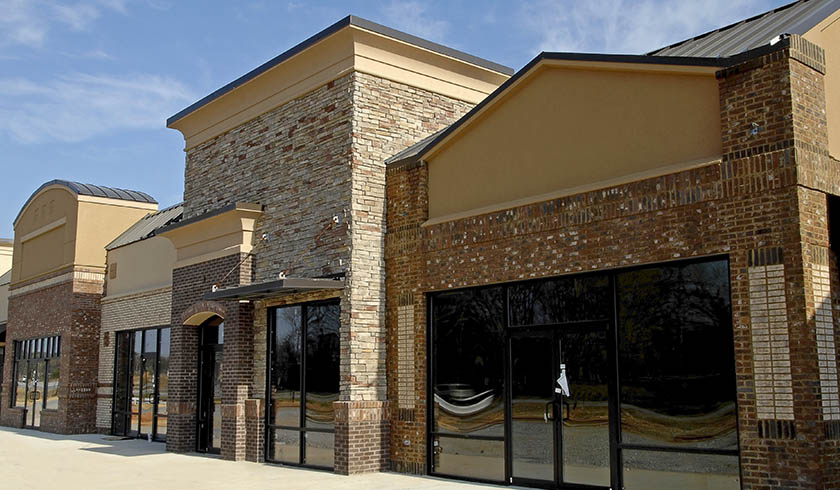‘Unfair, costly’ commercial rent waivers reintroduced in NSW
The Property Council of Australia (PCA) has raised concerns about the reintroduction of mandated rent waivers as part of the Commercial Code of Conduct.

As the Greater Sydney lockdown extends to the regions and COVID-19 cases climb, the New South Wales government has announced the reintroduction of the national cabinet’s Mandatory Code of Conduct for Commercial Leasing to mandate rent relief for eligible tenants impacted by COVID-19.
This applies to commercial and retail tenants with a turnover of up to $50 million.
Under the Code of Conduct, landlords are required to provide rent relief in proportion to the tenant’s decline in turnover, with at least 50 per cent in the form of waiver, and the balance a deferral. They are also prohibited from evicting or locking out tenants for certain breaches of the lease agreement unless they have renegotiated rent and attempted mediation.
In return, small commercial and retail landlords who provide rental waivers will be given a monthly grant of up to $3,000 as part of a new $40 million Hardship Fund.
Commercial landowners are also able to apply for up to 100 per cent of their land tax liability for 2021 if they have reduced rent for a tenant by at least the amount being claimed for any period between 1 July 2021 and 31 December 2021.
But despite the offer of grants and tax relief, the Property Council of Australia is not pleased.
According to the PCA, commercial landlords have already gone “above and beyond” by providing $15 billion in support to tenants in 2020, with the current blanket approach on rent waivers expected to do more harm than good.
“Our members recognise the importance of supporting their tenants and are overwhelmingly acting to ensure their tenants’ viability through this lockdown to those in genuine need, on a tailored case-by-case basis,” PCA NSW executive director Luke Achterstraat said.
“This one-size-fits-all intervention is a blanket approach in a challenging time when targeted support for those in genuine need is better suited.”
Mr Achterstraat warned that this is especially concerning given that, under the last iteration of the code, small mum and dad owners were left with the mortgage payments and no retirement income.
“Both the banks and the retailers association have recognised that support should be targeted to genuine small businesses with a turnover up to $5 million. It is unfathomable why this policy applies to businesses with a turnover up to $50 million,” the executive director added.
“Commercial property owners were being asked to do far more than the banks and many worst-affected businesses in 2020 were in fact small commercial owners whose large tenants refused to pay rent in the Commercial Code of 2020.”
Ultimately, Mr Achterstraat noted, the new mandate reveals “an unfair and costly burden of government-imposed lockdowns on the property sector”.
“Government intervention in contracts not only risks the existing commercial relationships, but it also harms the potential for the economic recovery of the state on the back of this lockdown,” he said.
Looking ahead, Mr Achterstraat said the Code of Conduct must be given a timeframe and should not extend past the current lockdown.
Ultimately, he said “where governments intervene, governments will have to pay”.
